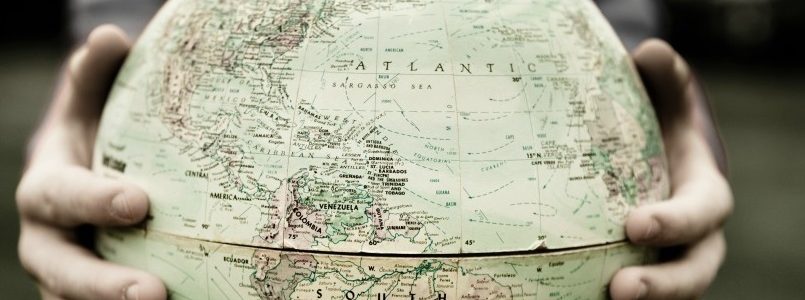
America’s politics are mired in dysfunction and division. Much of the focus is on economic questions, and much of the heat is generated by the culture wars; but real wars—and America’s role in them—are part of the debate too.
While this debate preoccupies America, the world is changing, and rapidly. We have entered a new phase in international affairs, leaving behind us the brief moment characterized by untrammeled American dominance. Many of the changes underway are beyond America’s control. However, some dynamics could still be shaped by concerted and disciplined American policy—and might. Whether we are capable of that in the current moment remains to be seen, as does the price Americans are willing to pay to do so. To paraphrase Senator Daniel Patrick Moynihan, America is entitled to decide what role we want to play in the world, but we are not entitled to pretend the world is not changing around us.
The idioms of “international order,” “American leadership,” and “America First” dominate—but often obfuscate—the debate. More charged labels such as “nationalist” and “globalist,” often just as devoid of precision, are the accompanying epithets. Peel these away, and the new geopolitics has a number of distinctive features, some illuminated by history, some potentially unique to our moment of political and technological flux.

